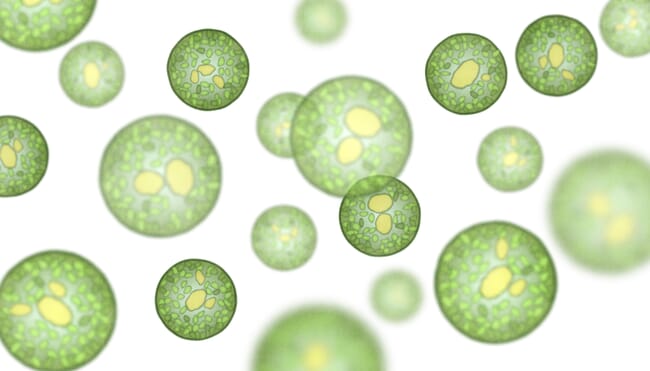
Amidst the current climate of growing food security concerns, the search for alternative, sustainable food sources is becoming increasingly popular. With this in mind, the Ishinomaki-based research institute Ebis Algae - which specialises in the production of the protein rich microalgae genus Nannochloropsis - has developed a food education programme for school children, seeking to normalise the use of algae as a culinary ingredient.
In addition to its rich protein content, algae of the genus Nannochloropsis are abundant in eicosapentaenoic acid, an omega-3 fatty acid known to contribute to cardiovascular health.
Alongside the food education programme, Ebis developed a ‘Green School Lunch’ programme to help introduce the children to the use of microalgae as food, serving 9250 meals in 28 schools across the city of Fukuroi.
Ryoji Terai, president of Ebis Algae, admitted to concerns that the children would not find the concept of eating microalgae appetising. However, the school lunch programme was proved a success, with many children asking for more, according to a report by J-Stories - a Japan based news platform.
Following the success of this education project, the city of Fukuroi has made a permanent place on its school lunch menus for the algae-based foods, and Ebis aims to expand the project across Japan, and will be increasing the scale of its Nannochloropsis production.
"I believe that Nannochloropsis will save the world," said Terai, speaking to J-Stories.




